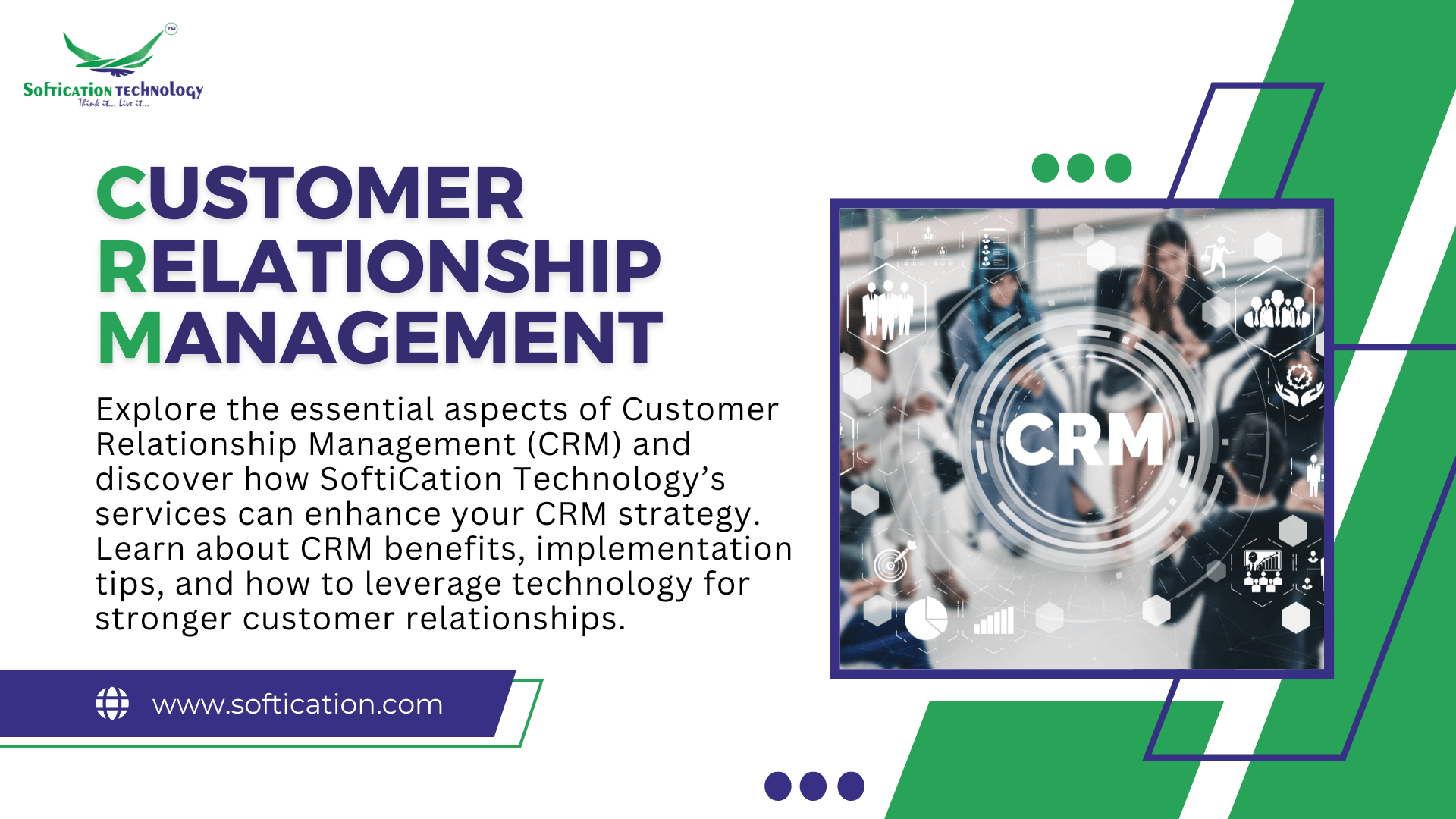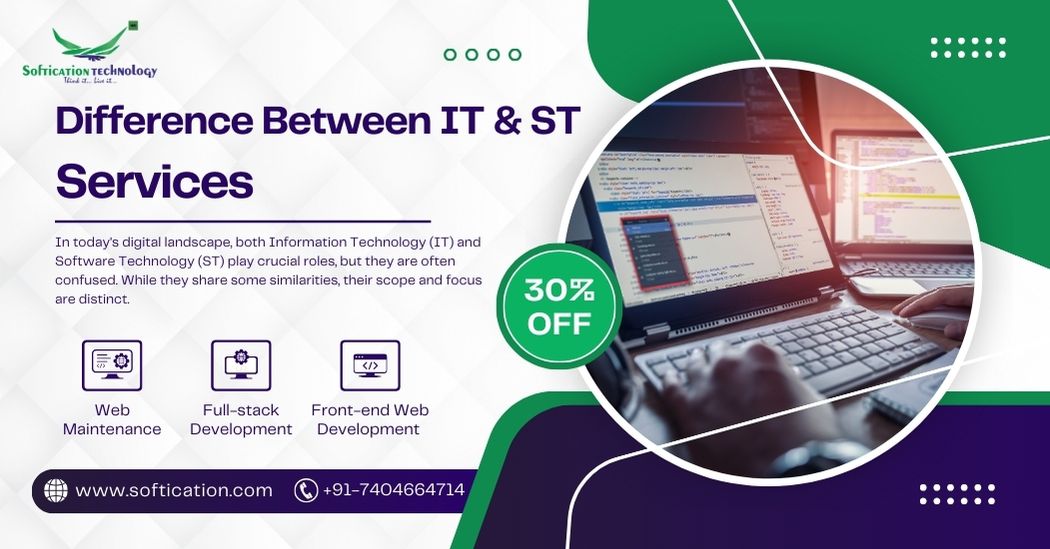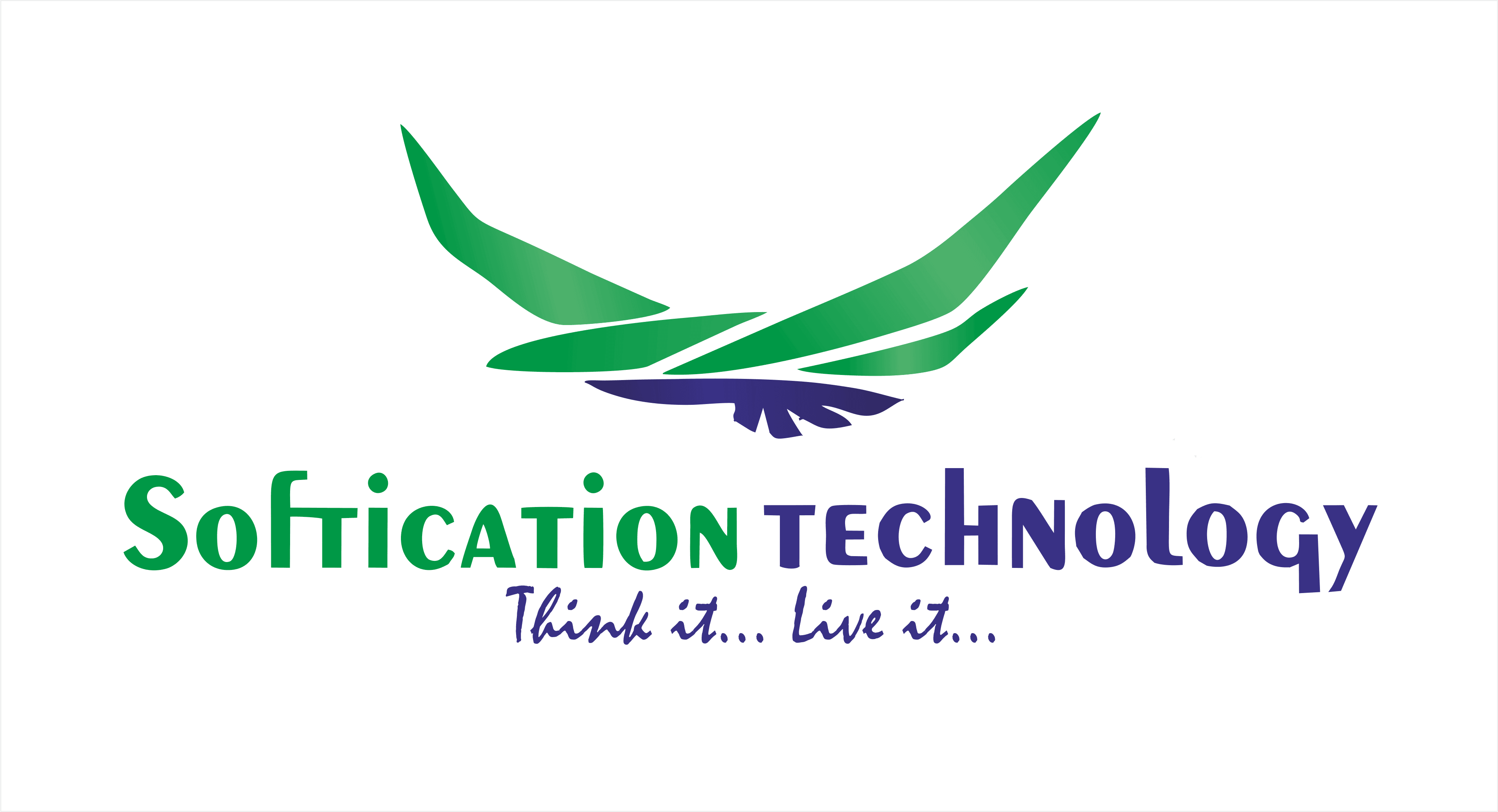In today’s competitive business environment, building and maintaining strong relationships with customers is more critical than ever. Customer Relationship Management (CRM) systems are essential tools that help businesses manage interactions with current and potential customers, streamline processes, and ultimately improve profitability. Whether you’re a small business or a large enterprise, implementing a CRM system can transform the way you operate and engage with your customers.
In this blog, we’ll explore the fundamentals of CRM, its benefits, and how SoftiCation Technology can assist you in implementing and optimizing a CRM system tailored to your business needs.
What is Customer Relationship Management (CRM)?
Customer Relationship Management (CRM) is a strategy and set of tools used by businesses to manage and analyze customer interactions throughout the customer lifecycle. The goal of CRM is to improve customer relationships, enhance customer retention, and drive sales growth.
A CRM system typically includes features for managing customer data, tracking interactions, automating sales processes, managing marketing campaigns, and providing customer support. By centralizing all customer-related information, CRM systems enable businesses to better understand their customers, anticipate their needs, and deliver personalized experiences.
The Importance of CRM in Modern Business
CRM is more than just a technology; it’s a philosophy and approach to doing business. In a world where customers have more choices than ever, delivering exceptional customer experiences can be the key differentiator between you and your competitors. Here’s why CRM is so important:
1. Enhanced Customer Experience
A CRM system allows you to track and manage every interaction a customer has with your business, from the initial inquiry to post-purchase support. This holistic view of the customer enables you to deliver personalized experiences, anticipate their needs, and resolve issues more effectively, leading to increased customer satisfaction and loyalty.
2. Improved Sales Efficiency
CRM systems provide sales teams with tools to manage leads, track sales opportunities, and automate routine tasks. This enables sales professionals to focus on building relationships and closing deals rather than getting bogged down by administrative work. With CRM, your sales process becomes more efficient, structured, and productive.
3. Data-Driven Decision Making
One of the key advantages of CRM systems is the ability to collect and analyze customer data. By leveraging this data, businesses can gain insights into customer behavior, preferences, and trends. These insights can be used to make informed decisions, optimize marketing strategies, and identify new opportunities for growth.
4. Better Customer Retention
Maintaining existing customers is often more economical than acquiring new ones. CRM systems help businesses identify at-risk customers, track customer satisfaction, and implement targeted retention strategies. By addressing customer concerns promptly and delivering value consistently, businesses can improve customer retention rates.
5. Streamlined Communication
CRM systems centralize customer information, making it accessible to all relevant teams within the organization. This ensures that everyone has up-to-date information about the customer, leading to more consistent and effective communication. Whether it’s sales, marketing, or customer service, a CRM system ensures that everyone is on the same page.
6. Increased Revenue
By improving customer relationships, streamlining sales processes, and enabling data-driven decision-making, CRM systems can significantly impact a company’s bottom line. Businesses that effectively use CRM often see increased revenue and profitability as a result of better customer management and engagement.
Types of CRM Systems
CRM systems come in various forms, each designed to meet specific business needs. Understanding the different types of CRM systems can help you choose the right solution for your organization:
1. Operational CRM
Operational CRM is designed to automate and streamline business processes that involve customer interactions. This includes sales automation, marketing automation, and service automation. Operational CRM systems are ideal for businesses looking to improve efficiency and productivity in customer-facing processes.
2. Analytical CRM
Analytical CRM is designed to analyze customer data and provide insights that can inform business decisions. This type of CRM system is used to track customer behavior, segment customers, and predict future trends. Analytical CRM is valuable for businesses that want to leverage data to drive marketing and sales strategies.
3. Collaborative CRM
Collaborative CRM aims to enhance communication and teamwork among various departments within an organization. This type of CRM system ensures that customer information is shared across teams, leading to more coordinated efforts in sales, marketing, and customer service. Collaborative CRM is particularly useful for businesses with complex sales cycles or multiple touchpoints with customers.
4. Strategic CRM
Strategic CRM is focused on long-term customer engagement and relationship building. This type of CRM system helps businesses align their customer strategies with their overall business objectives. Strategic CRM is ideal for organizations looking to foster long-term customer loyalty and drive sustainable growth.
Key Features of a CRM System
When choosing a CRM system, it’s essential to consider the features that will best support your business goals. Here are some key features to look for:
1. Contact Management
A core feature of any CRM system, contact management allows you to store and organize customer information, including names, contact details, and interaction history. This feature helps you maintain a comprehensive record of every customer interaction, ensuring that you always have the information you need at your fingertips.
2. Lead Management
Lead management features help you track and manage potential customers as they move through the sales funnel. This includes capturing leads from various sources, assigning leads to sales representatives, and tracking lead progress. Effective lead management ensures that no opportunity is missed.
3. Sales Automation
Sales automation features streamline the sales process by automating routine tasks such as sending follow-up emails, scheduling meetings, and generating quotes. This allows sales teams to focus on building relationships and closing deals, rather than getting bogged down by administrative tasks.
4. Marketing Automation
Marketing automation features enable businesses to create and execute targeted marketing campaigns based on customer data. This includes email marketing, social media campaigns, and lead nurturing programs. By automating marketing efforts, businesses can deliver personalized messages to the right audience at the right time.
5. Customer Service Management
CRM systems often include tools for managing customer service interactions, such as ticketing systems, live chat, and knowledge bases. These tools help businesses deliver timely and effective support, improving customer satisfaction and loyalty.
6. Reporting and Analytics
Reporting and analytics features provide insights into customer behavior, sales performance, and marketing effectiveness. These insights can help make data-driven decisions, refine processes, and pinpoint areas for improvement.
7. Mobile Access
In today’s mobile-first world, having access to your CRM system on the go is essential. Mobile CRM features allow you to manage customer relationships from your smartphone or tablet, ensuring that you can stay connected and productive no matter where you are.
Implementing a CRM System: A Step-by-Step Guide
Implementing a CRM system can be a complex process, but with careful planning and execution, it can deliver significant benefits to your business. Here’s a step-by-step guide to help you get started:
1. Define Your Objectives
Before choosing a CRM system, it's crucial to define your business objectives. What are your goals for implementing CRM? Whether it’s improving customer retention, increasing sales, or streamlining processes, having clear objectives will guide your CRM implementation and help you measure success.
2. Choose the Right CRM System
With so many CRM systems on the market, it’s important to choose one that aligns with your business needs and goals. Consider factors such as scalability, ease of use, integration capabilities, and cost when making your decision.
3. Plan the Implementation
Once you’ve chosen a CRM system, develop a detailed implementation plan. This should include timelines, resource allocation, and key milestones. Planning is essential to ensure that the implementation process is smooth and on schedule.
4. Train Your Team
A CRM system is only effective if your team knows how to use it. Provide comprehensive training to ensure that everyone is comfortable with the new system and understands how to leverage its features to achieve business goals.
5. Customize the CRM
Most CRM systems offer customization options to tailor the platform to your specific needs. This may include setting up custom fields, workflows, and reports. Customization ensures that the CRM system supports your unique business processes.
6. Integrate with Existing Systems
To maximize the benefits of your CRM system, it’s important to integrate it with other tools and systems you use, such as email marketing platforms, accounting software, or e-commerce systems. Integration ensures seamless data flow and provides a more holistic view of your customers.
7. Monitor and Optimize
After the CRM system is up and running, it’s important to monitor its performance and make adjustments as needed. Regularly review key metrics, gather feedback from users, and make changes to optimize the system’s effectiveness.
Services Provided by SoftiCation Technology
SoftiCation Technology offers a comprehensive suite of services to help businesses implement and optimize their CRM systems. Our team of experts is dedicated to ensuring that your CRM system delivers maximum value and supports your business objectives.
1. CRM Consulting
Our CRM consulting services are designed to help you identify the right CRM solution for your business. We work closely with you to understand your needs, define your objectives, and recommend the best CRM platform to achieve your goals.
2. Custom CRM Development
At SoftiCation Technology, we specialize in developing custom CRM solutions tailored to your specific requirements. Whether you need custom features, workflows, or integrations, our team will create a CRM system that fits seamlessly into your business processes.
3. CRM Implementation
Implementing a CRM system requires careful planning and execution. Our implementation services cover everything from system configuration and data migration to user training and support. We ensure that your CRM system is set up for success from day one.
4. CRM Integration
To get the most out of your CRM system, it’s important to integrate it with other tools and systems you use. We offer CRM integration services to ensure seamless data flow between your CRM and other platforms, providing a unified view of your customers.
5. CRM Support and Maintenance
Our support and maintenance services ensure that your CRM system continues to operate smoothly and efficiently. We provide ongoing support to address any issues, perform updates, and make improvements to keep your CRM system running at its best.
6. CRM Training
To ensure that your team is fully equipped to use the CRM system, we offer comprehensive training services. Our training programs are designed to be practical and hands-on, helping your team get the most out of the CRM system.
7. CRM Analytics and Reporting
Our analytics and reporting services provide you with insights into your CRM data. We help you track key metrics, generate custom reports, and use data-driven insights to make informed decisions and optimize your CRM strategy.
Conclusion
Customer Relationship Management (CRM) is a critical component of modern business success. By implementing a CRM system, you can improve customer relationships, streamline processes, and drive growth. SoftiCation Technology is here to help you navigate the complexities of CRM implementation and ensure that your CRM system delivers the results you need. Whether you’re looking for consulting, custom development, integration, or support, our team of experts is ready to assist you every step of the way.










